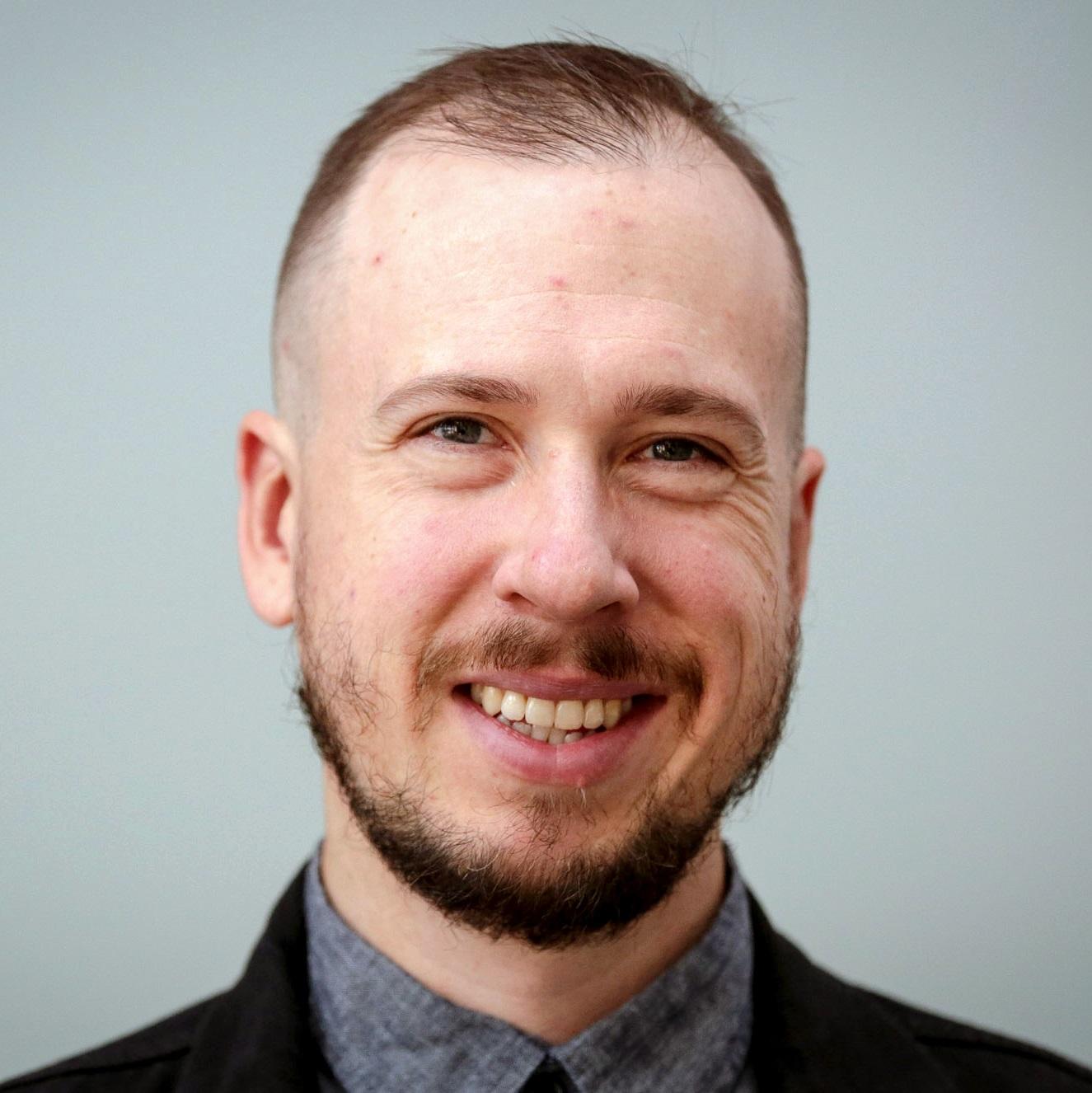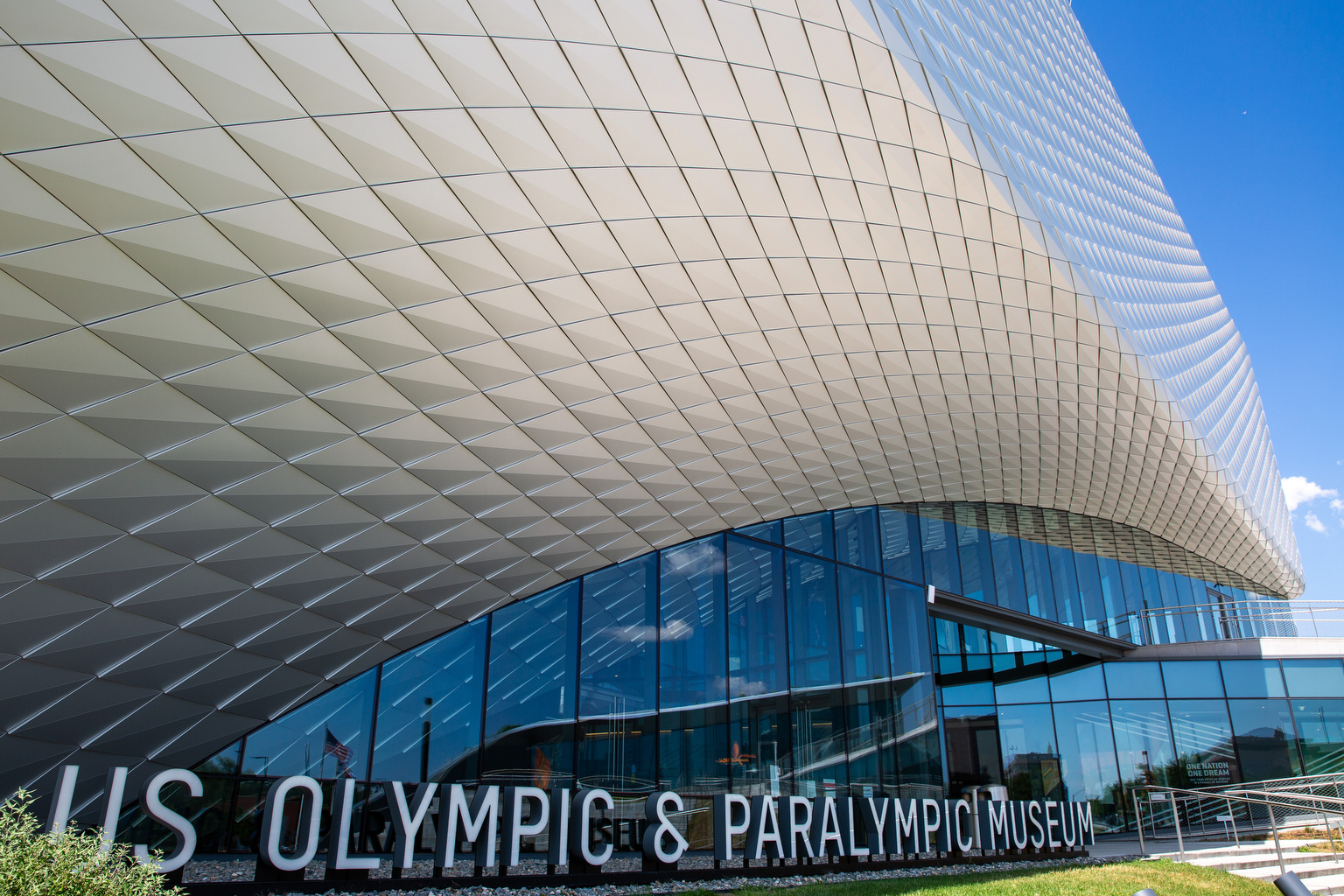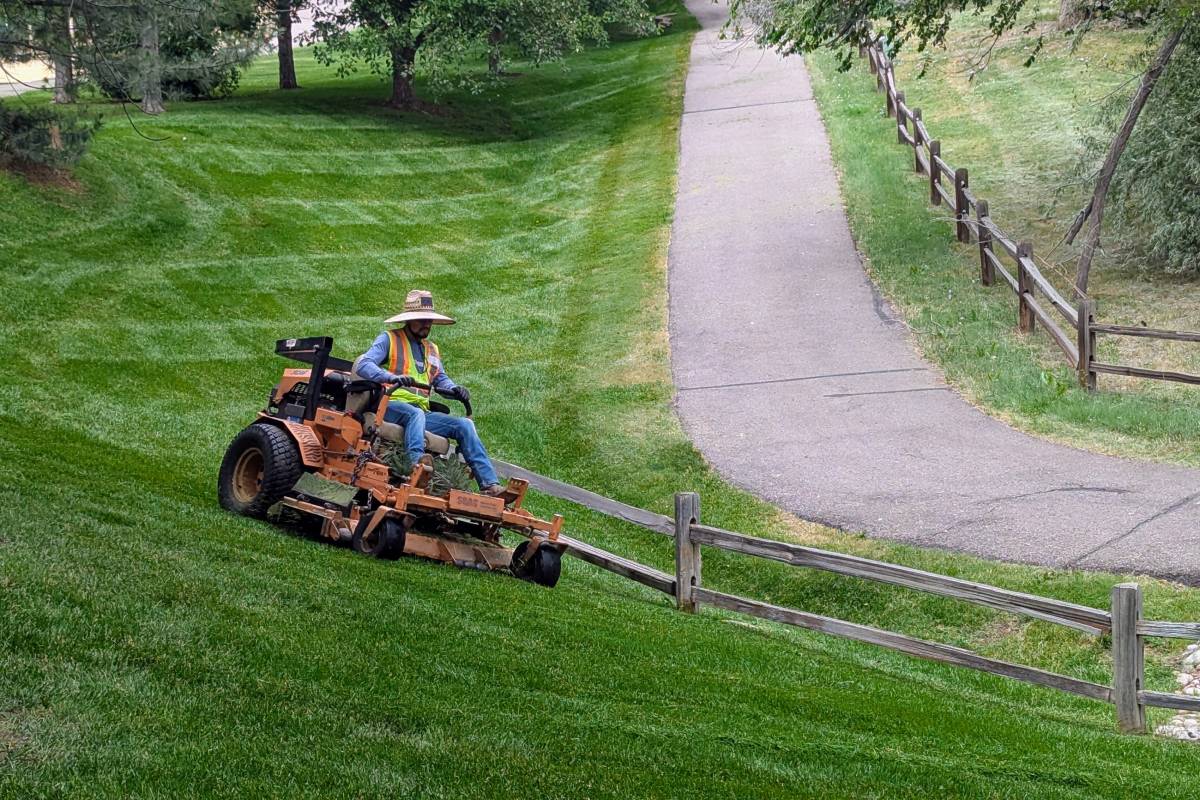
There’s a fleeting nature to the Front Range’s “Do It Yourself” artist spaces. Places like Unite E in Denver and Astroland in Boulder have come and gone. Many of them vanished before most people even knew they existed. Following the deadly fire at the “Ghost Ship” in Oakland, California, though, the spotlight is now focused on DIY venues.
Artist Molly Bounds lives in one of these spaces, a former Denver church now called Juice Church.
“It’s honestly more tense than it usually is there right now because of some changes being made,” she says.
That’s because the Denver Fire Department inspected her home in December after receiving a tip about the building. Six to eight artists live and work there, according to inspectors. The city allowed them to stay, but they have to take some safety measures — like installing exit signs and smoke detectors and additional construction to make it livable — by the end of January. Bounds says it’s hard to “have a lot of creative freedom” while that kind of work is going on.

Creative freedom is why artists live and work in these converted spaces. That and the cheap rents. These spots have existed in some fashion nationwide for decades. But since the fire at Ghost Ship, cities from Baltimore to Colorado Springs have shut down similar spaces. That has artists on high alert.
“No DIY space wants to open themselves up to more vulnerability than they already feel right now,” Bounds says.
Artists were stunned in December when the city of Denver shut down two longstanding DIY venues. Rhinoceropolis and Glob had passed fire inspections before, but after Oakland, the fact that people lived there raised big safety flags. Now, organizers are working to get Rhinoceropolis up to code as a venue.
Artists hope to hold on to what affordable spaces remain in the Mile High City among the high rents and major growth — and the new attention on safety. To that end, they came together with city officials in a public forum to discuss how to make DIY spaces more safe.
Denver Arts and Venues, the city’s cultural agency, organized the forum as a chance for both sides to find some common ground. There were a lot of formalities from the city, as officials presented information on addressing building safety and code compliance. The Denver Fire Department offered to grant free inspections for the first 30 people, occupants or landlords, that came forward voluntarily in the next month. The offer was met with skepticism by the artistic community, that still feels in many ways that the city is talking at them, rather than with them.
Artist @BobbyLefebre of @DenverArts Commission on Cultural Affairs says affordable housing & gentrification should be top of mind. pic.twitter.com/pk9K6nrNq9
In advance of the forum, that doubt was acknowledged, and part of the motivation of the meeting, says Denver Arts and Venues deputy director Ginger White. This was seen as a chance to meet with a group of artists that prefer to fly under the radar.
“I understand that there’s an inherent tension between the DIY community and the spirit in which they want to operate and the goals and responsibility of a city,” she says. “I think we’re still trying to get our arms around what is meaningful to this community, what would be useful for them or what is not useful.”
To be clear, no one seems to know how many DIY spaces are in Denver. Artist Molly Bounds says very few. Denver Fire doesn’t have a number either. Spokeswoman Melissa Taylor says the department won’t speculate because it doesn’t keep tabs on them.
“Any cataloging or databasing we do could be potentially misconstrued as targeting,” Taylor says.
Some artists do feel they’ve been targeted. Denver Fire has inspected four places since mid-December. Online, a thread emerged that calls for the ousting of these “open hotbeds of liberal radicalism” across the country. The online posting allegedly stems from the alt-right movement, which opposes multiculturalism and is widely seen as white supremacist.

Taylor says Denver Fire is not going after artists. The department must follow up on tips and do annual inspections, and those never come with advance notice.Taylor adds that firefighters have a responsibility to keep people safe.
“When you make that decision to dwell in a facility that’s not designed for that and doesn’t have the proper safety measures in place, you’re not only putting your life in danger but you’re putting our firefighters’ lives in danger,” Taylor says.
The biggest concerns center around spaces where people live, like Juice Church. But there are other DIY hubs that just host events. In early January, a DIY music venue in Denver called Seventh Circle Music Collective passed inspection after officials didn’t find anyone living there.
Artists run these spaces without “commercial or corporate help or any kind of interference,” Bounds says. Here, access and experimentation are more important than profit. Events like concerts and art shows are open to all ages, and admission is often by donation.
“Some of these places are really the only places where some people feel like they belong,” Bounds says.
That’s why Bounds helped start an activist group called Amplify Arts Denver to mobilize artists and to get them a seat at the table with the city.
“We do want to live in safer spaces and we do want to be able to afford things that are up to code for us to live in them safely and practice our craft,” Bounds says.
These artists say they want more support from a city that highly touts its creative industry. Meanwhile the city has already put some plans for affordable artist housing in motion. That includes the possibility of a facility north of downtown Denver.
Editor's Note: Following the city/DIY public forum, the printed story was updated to reflect that it had occurred and to add details and information from the event.









